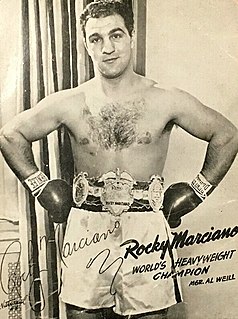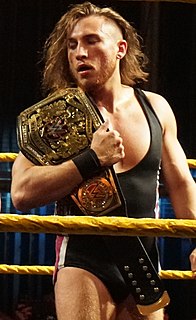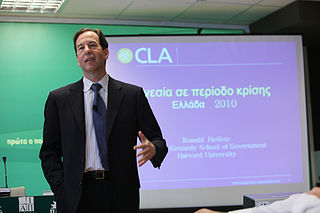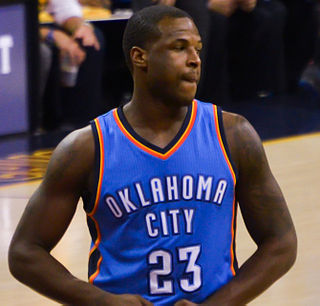A Quote by Ann Patchett
If I had problems, I kept them to myself. I didn't make a scene.
Related Quotes
I actually went to see 'Rushmore,' and I came late, and I missed myself. It was great, that scene. I caught that scene the other day on TV, funny enough, the first scene that you see with Jason Schwartzman and myself, where we talk about his grades. That's a brilliant scene, and I have to say, we play it brilliantly.
I’ve never seen an exploding helicopter. I’ve never seen anybody go and blow somebody’s head off. So why should I make films about them? But I have seen people destroy themselves in the smallest way, I’ve seen people withdraw, I’ve seen people hide behind political ideas, behind dope, behind the sexual revolution, behind fascism, behind hypocrisy, and I’ve myself done all these things. So I can understand them. What we are saying is so gentle. It’s gentleness. We have problems, terrible problems, but our problems are human problems.
I started out as a poet who primarily wanted to write about image and moment. Over the years I've been trying to teach myself how to do plot and scene. My first story collection had the most issues with the plotlessness, and when I was writing my second collection I was teaching myself how to make things happen.
The stuff I've seen and lived and survived. Gun to my head, cops coming to your house. I had the confidence of telling myself that I'm going to make it. Everything I've been through, I could've had a mental breakdown, but I kept it together. If I didn't have that confidence I wouldn't have made it. That confidence has nothing to do with basketball.



































